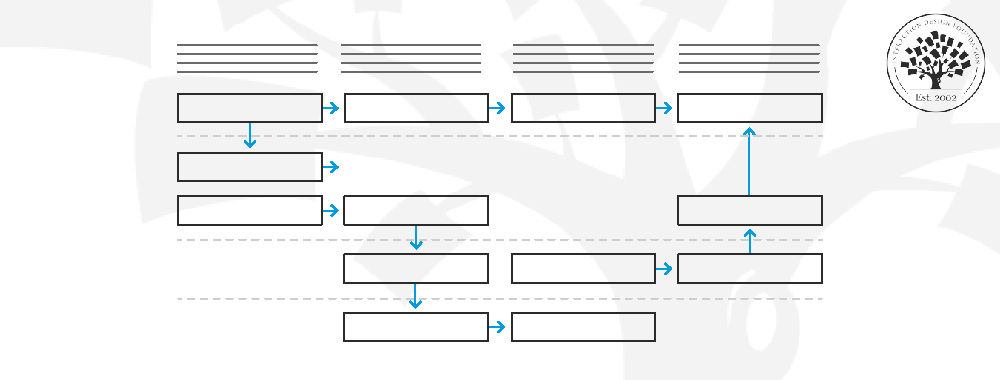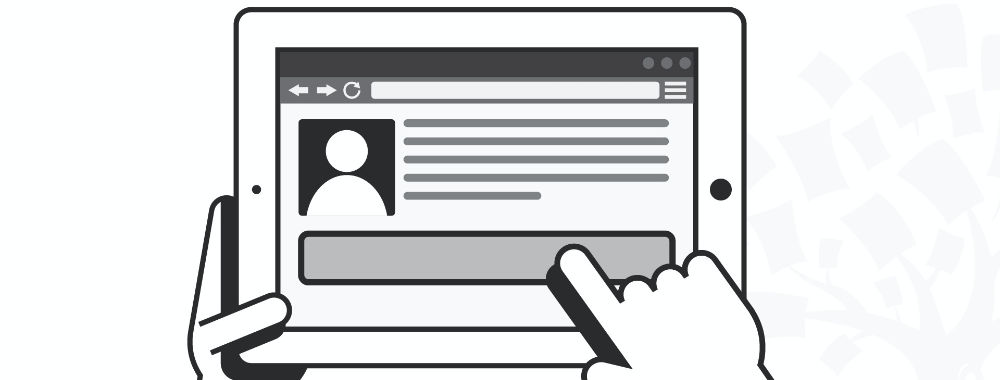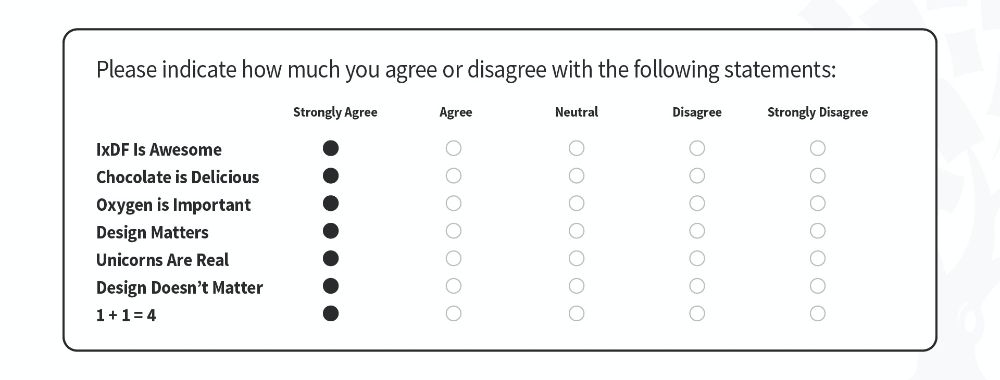A superior product must have a superior user, right? This misleading idea may be responsible for more arguments in UX teams than any other. It’s very easy to make assumptions on behalf of your users and over time it becomes easier and easier. You get to know your users over that period; you start to find out what makes them tick and your user personas start to take on the quality of “real people” for your developers.
Consider 2 User Profiles
Our first profile is that of James Clark. James is a busy executive. He does know how to use the Internet and a range of other applications but he’s not intimately familiar with any of them. The computer is something he turns to when he is obliged to. He wouldn’t consider spending a second of his leisure time online. He uses our application to get things done but he probably doesn’t think about it at any other time.

Author/Copyright holder: Lora. Copyright terms and licence: CC BY-NC 2.0
Then there’s our second profile; this time of Janice Strong. Janice is a completely different kind of executive. She’s a technical lead on her projects and she uses our application to get things done and spends time working out how she can write APIs that make it even more flexible for her company. She’s always online and you’d have to knock her out to take her iPhone from her hand.
Does That Mean They Need Two User Experiences?
At first glance it appears that James and Janice are two incredibly different people. They certainly have completely different skill sets when it comes to technical products. Yet, when it comes down to it – what are they both likely to want from the product?
We think it’s the same thing. We think that they are both busy executives with a lot on their plates. We think they want to log in to our application and do what they came to do. Then they want to close the application and get on with all the other things that are mounting up around them in their day-to-day lives.

Author/Copyright holder: Adpearance. Copyright terms and licence: All rights reserved Img source
It can be easy to assume that Janice will know more when she logs into a new application than James. The truth is not quite so palatable. Janice may recognize common design patterns better than James does (particularly UI standards like floppy discs for save buttons, etc.) but she’s no more likely to know what to do the first time than James is.
You see Janice’s skills don’t render her psychic. If we don’t design our application to ensure that Janice can clearly see what must be done; she’s going to be no better off than James.
You can’t push off a poor product on Janice because she’s more experienced than James. You can be certain that if the UX sucks for Janice it will also suck for James but no more than that. Our objectives as UX designers is to remember that all the tech savvy in the world on the part of our users will not compensate for lousy design. Even the most skilled user isn’t a psychic.
Header Image: Author/Copyright holder: The White Room. Copyright terms and licence: All rights reserved. Img












